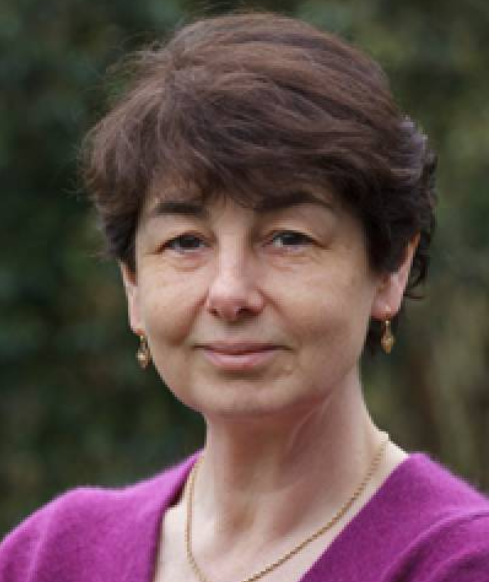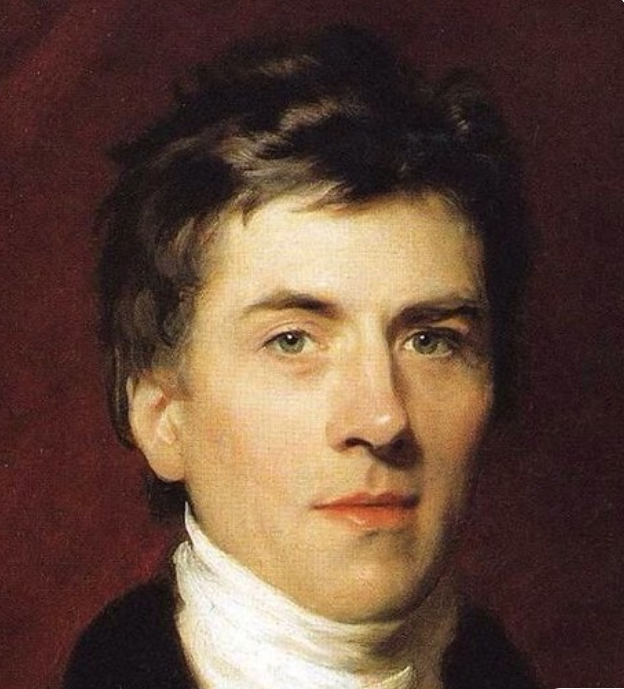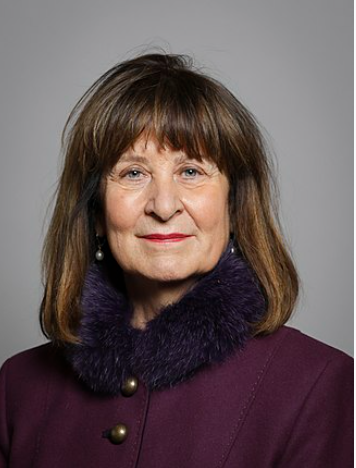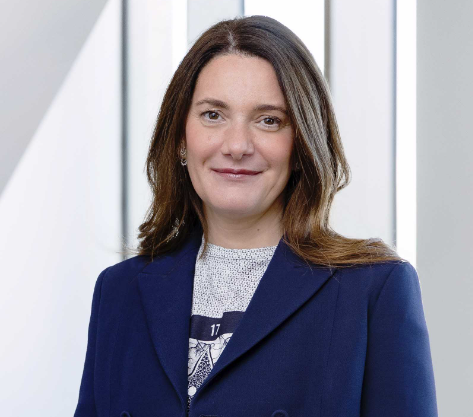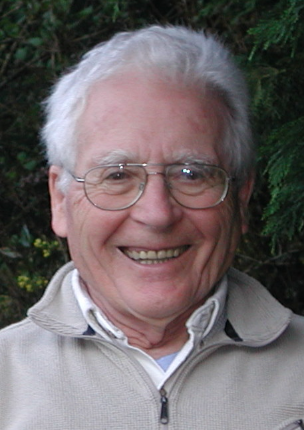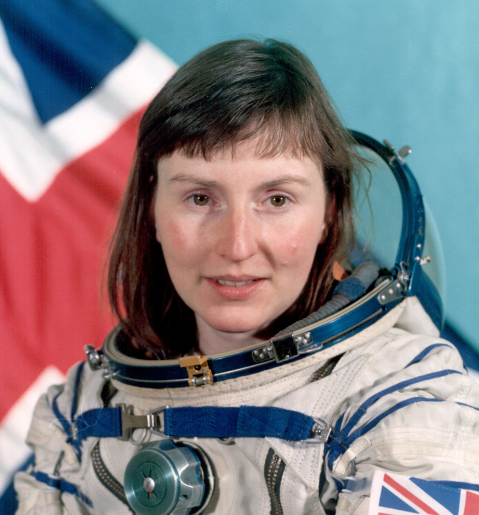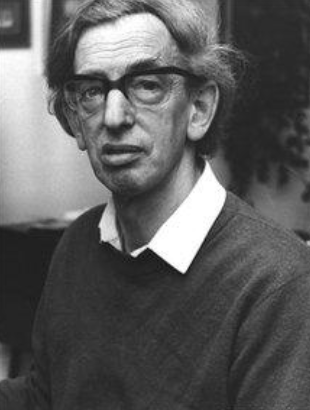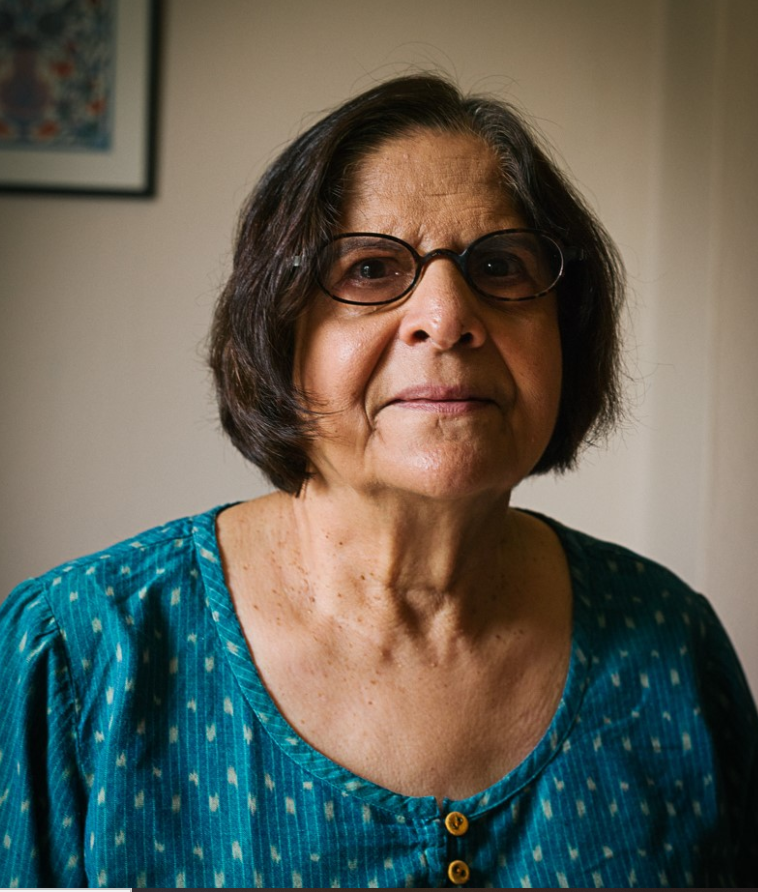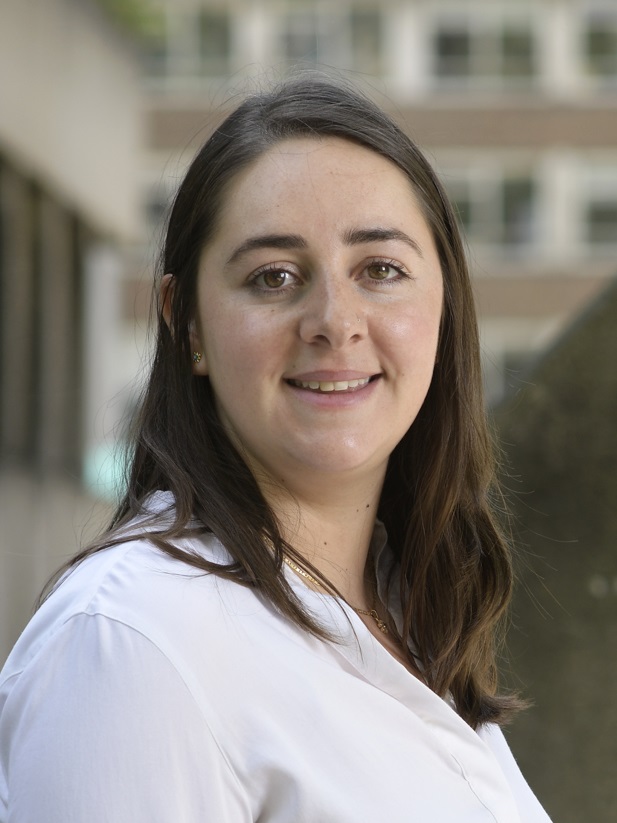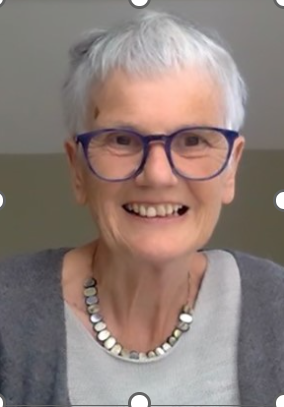To commemorate the College’s bicentenary in 2023, we’re showcasing 200 ‘Birkbeck Effects’ which capture the incredible stories of our vibrant and diverse community, highlighting their achievements and impact on the world.
Gillian Bates is a Professor of Molecular Neuroscience and a co-discoverer of the causes of Huntington’s disease, a late-onset brain disorder that leads to uncontrolled movements, emotional problems and cognitive difficulties.
She completed her postgraduate study in MSc in Biomolecular Organisation at Birkbeck where she was awarded a Master of Science degree in 1984.
Her interest in human genetics, and the possibilities of identifying the mutations causing genetic diseases, led her to work as a research assistant in 1983, where she then carried out her PhD on the molecular genetics of cystic fibrosis. In 1987, she continued her research as a postdoctoral fellow to work on Huntington’s disease.
In 1998, she was awarded the Royal Society Glaxo Wellcome Award jointly with Stephen Davies, for the discovery of the cause of Huntington’s Disease. She was elected to the Academy of Medical Sciences in 1999, the European Molecular Biology Organisation in 2002 and the Royal Society in 2007.
